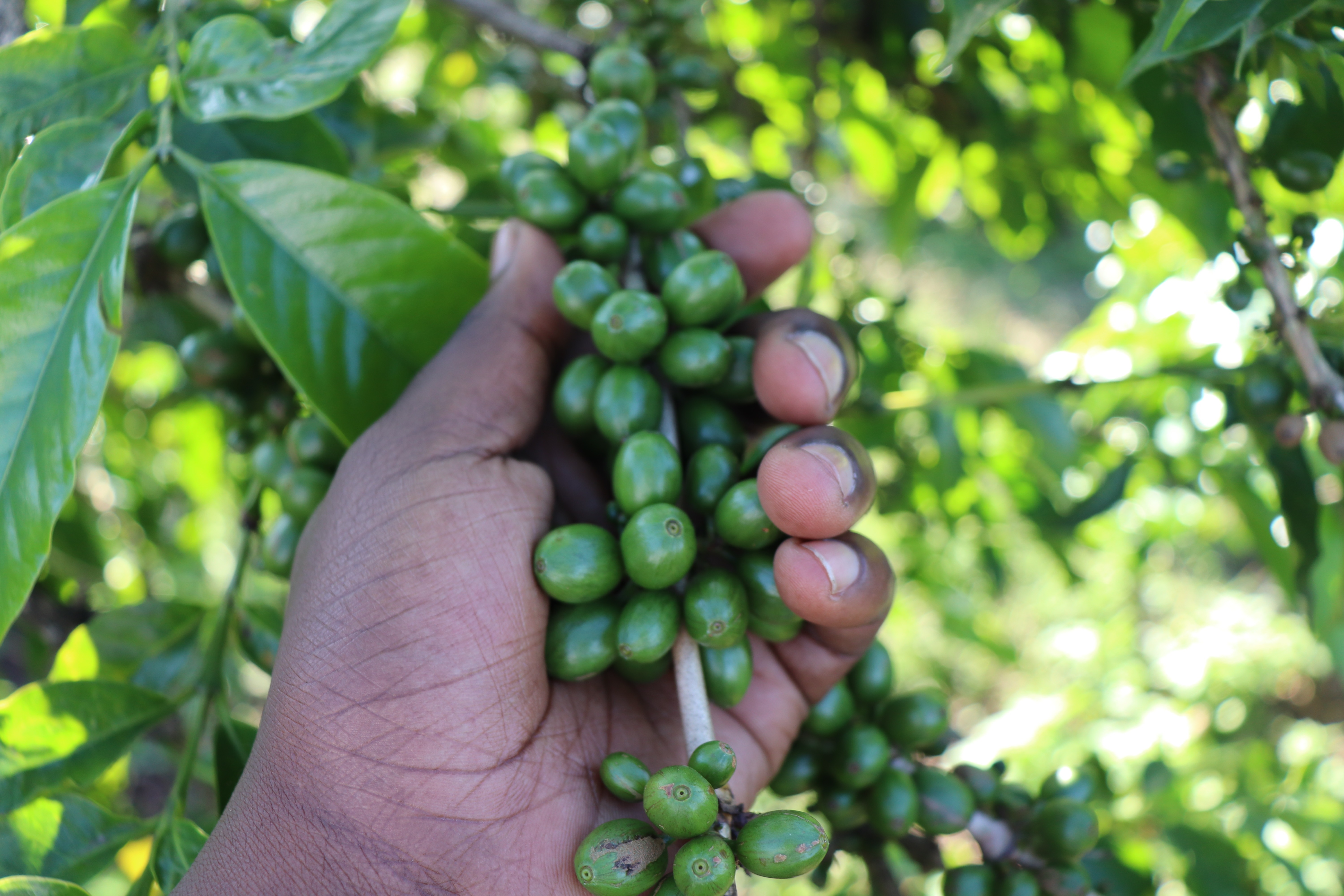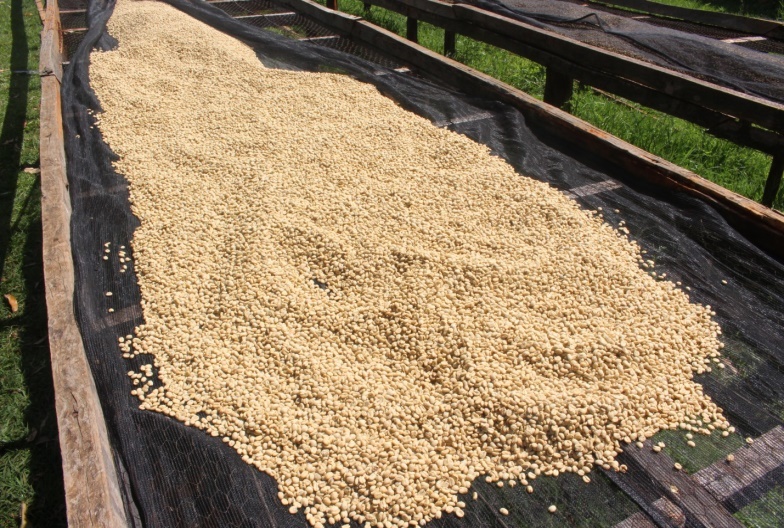Product description
Producer and Region
Kiri Factory is managed by the Ngiriambu Farmers Cooperative Society in Kirinyaga County, Kenya. Nestled near Kianyaga town at 1,450 meters above sea level, the factory processes cherries from around 950 smallholder farmers, many of whom cultivate SL 28, SL 34, Batian, and Ruiru 11 on farms smaller than 1 hectare. The red volcanic soil and ideal climate conditions contribute to the coffee’s distinct character.
Cultivation and Processing
The farmers follow traditional agronomic practices, benefiting from high annual rainfall (around 1400mm) and an average temperature of 20.5°C. The cherries are hand-sorted before pulping, then fermented overnight to develop complexity. After fermentation, the coffee is washed and classified by density before being dried on raised beds for 8–14 days. The drying process is carefully monitored to ensure consistency and quality.
Farmers typically collect the coffee pulp after processing, mix it with cow manure, and use it as organic fertilizer to enrich soil health and sustain future harvests.
Flavour
A layered profile of blackberry, rhubarb, and thyme, balanced by molasses sweetness. Dense yet juicy, with a structured mouthfeel and bright, berry-like acidity. A clear expression of Kenya’s terroir.
Specifications
Related products
Specifications
Reviews
Add your reviewBekijk onze reviews
Reviews
Add your reviewRecently viewed


Enhance your brewing experience
At Blommers, every step of the journey matters. From sourcing to roasting, we focus on precision to bring out the unique qualities of each coffee. We work closely with farmers, ensuring sustainable practices that result in outstanding flavours.
Our range of tools and equipment, from grinders to brewers, is carefully selected to enhance your brewing experience. In our development room, we continuously test and refine our roast profiles and evaluate the equipment we offer. This hands-on approach allows us to provide expert service and support, helping you achieve the perfect cup.





